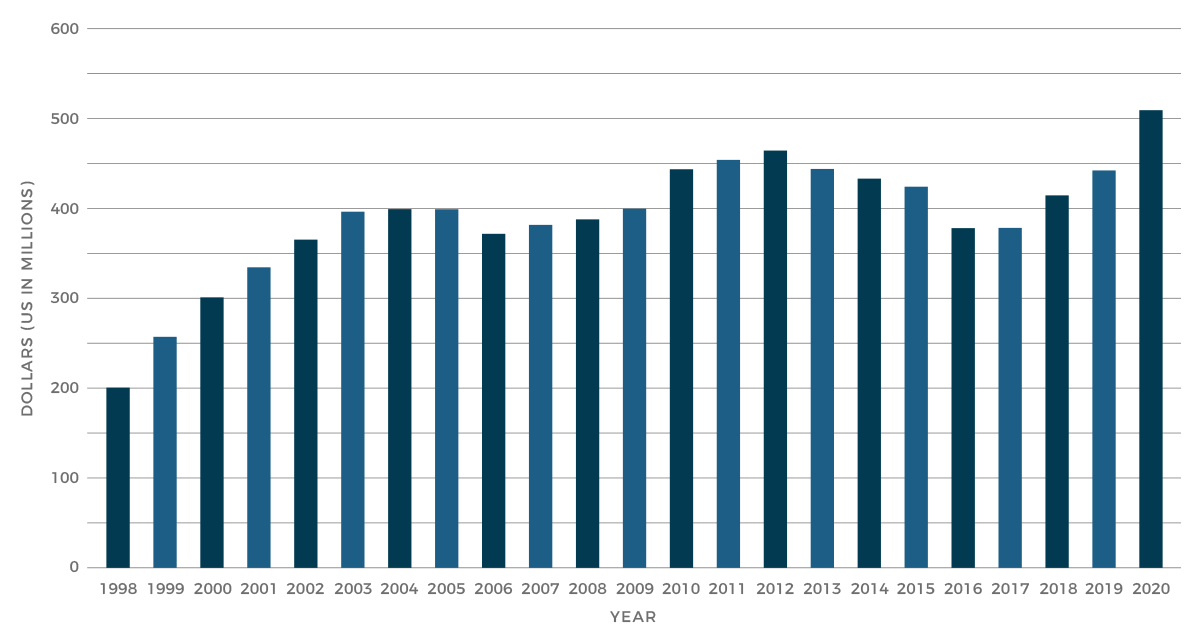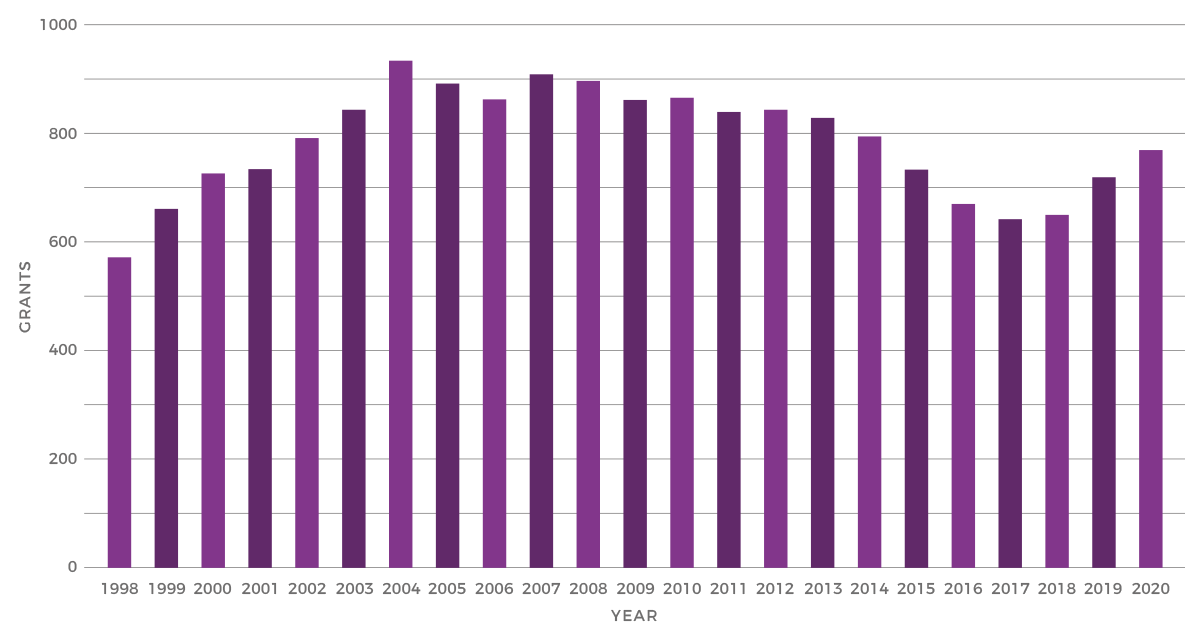Investments in Health Disparities Research
Eliminating disparities and achieving health equity, the attainment of the highest level of health for all people, have been a major focus of all of the programs within DCCPS since the division’s inception.
For example, given that genetic factors and environmental exposures may underlie differences in cancer risks and outcomes, DCCPS supports epidemiological cohorts and consortia to facilitate new discoveries and the sharing of biospecimens and data among investigators.
DCCPS research programs such as the Surveillance, Epidemiology, and End Results (SEER) Program are helping researchers better understand some of the potential factors that may influence cancer disparities.
Cancer Moonshot initiatives such as Dissemination of a Colorectal Cancer Screening Program Across American Indian Communities in the Southern Plains and Southwest US support clinical and research opportunities to expand the use of proven cancer prevention and early detection strategies to improve patient outcomes in critically underserved populations.
DCCPS provides support to NCI-Designated P30 Cancer Centers to expand their capacity to conduct research, plan strategy, facilitate professional collaborations, and implement efforts to improve cancer control and care among rural populations. Other funding opportunities include funding in rural areas to improve quality and coordination of care.
Current funding opportunities such as Research to Improve Native American Health and Collaborative Minority Health, and Health Disparities Research with Tribal Epidemiology Centers, support cancer research to better understand and ultimately eliminate health disparities in Native populations. Other current funding announcements (e.g., Tobacco Control Policies to Promote Health Equity [PAR-20-303]) address emerging issues such as new and modified tobacco product use and the impact of menthol-flavored tobacco product use among Black consumers.
DCCPS supports grants and collaborations that address cancer disparities that encompass the entire cancer control continuum—from identifying and understanding the role of biology in etiological disparities, to cancer prevention and diagnoses, access to treatment, and survivorship care. In fact, approximately 75% of all grants currently supported by DCCPS include a health disparities component.
Looking to the future, the division hopes to continue to increase our investment in developing interventions for underserved and disadvantaged populations through a complement of transdisciplinary scientific activities that will reduce the burden of these risk factors, inform policy, and improve outcomes for cancer patients across all populations.
Summary of DCCPS Health Disparities (HD) Portfolio FY 2020/FY 2019
| FY 2020 HD Summary |
| Total no. of HD Grants |
Total no. of DCCPS Grants |
Percentage HD |
| 580 |
767 |
75.6% |
| FY 2019 HD Summary |
| Total no. of HD Grants |
Total no. of DCCPS Grants |
Percentage HD |
| 507 |
717 |
70.7% |



